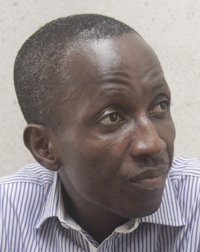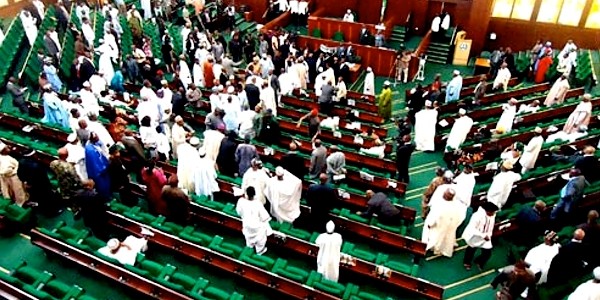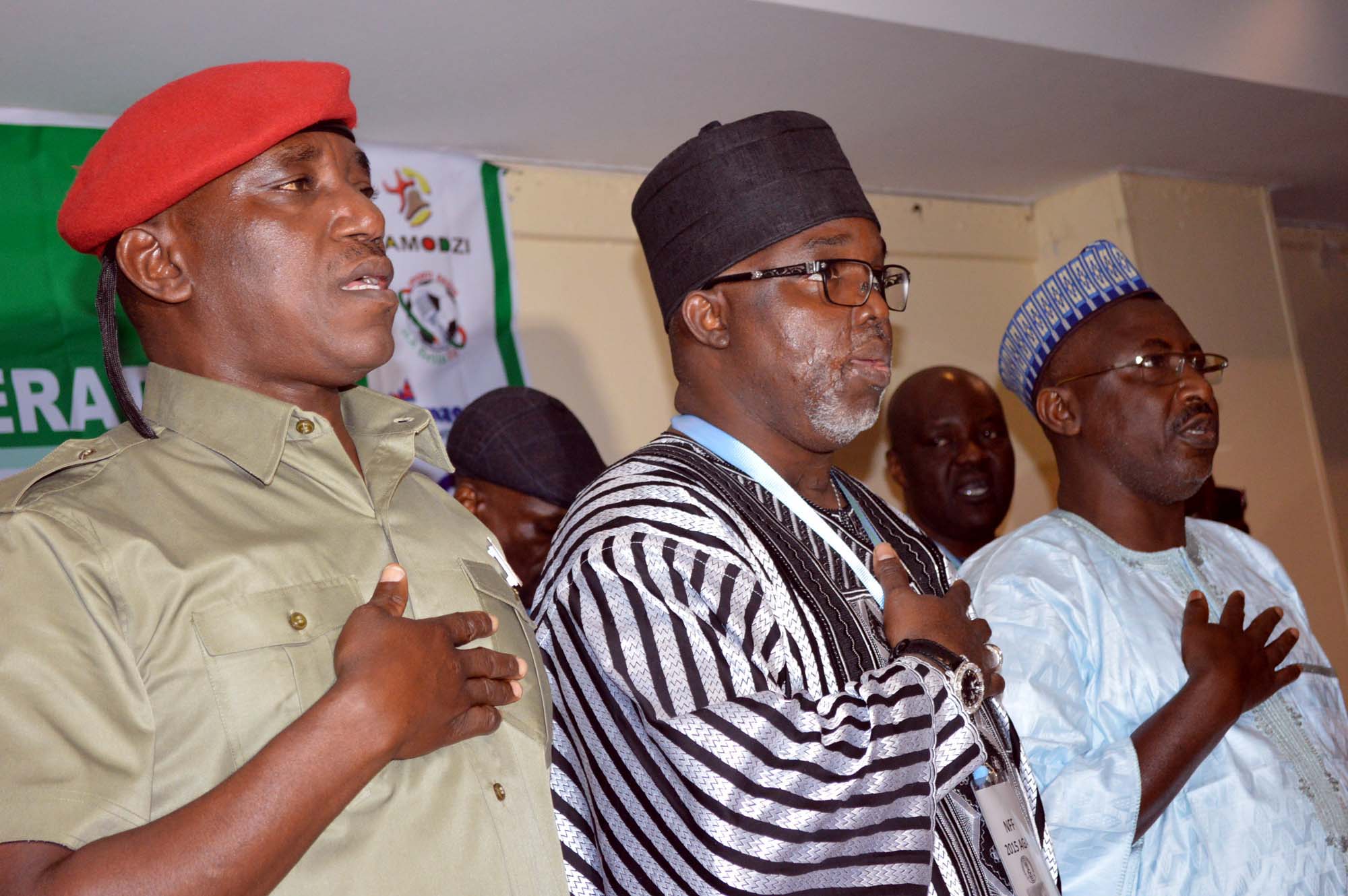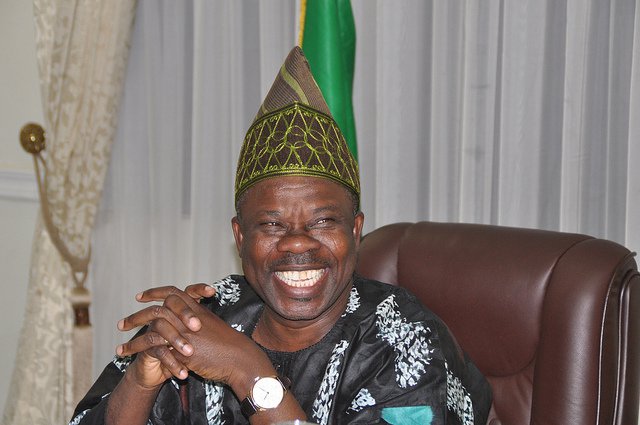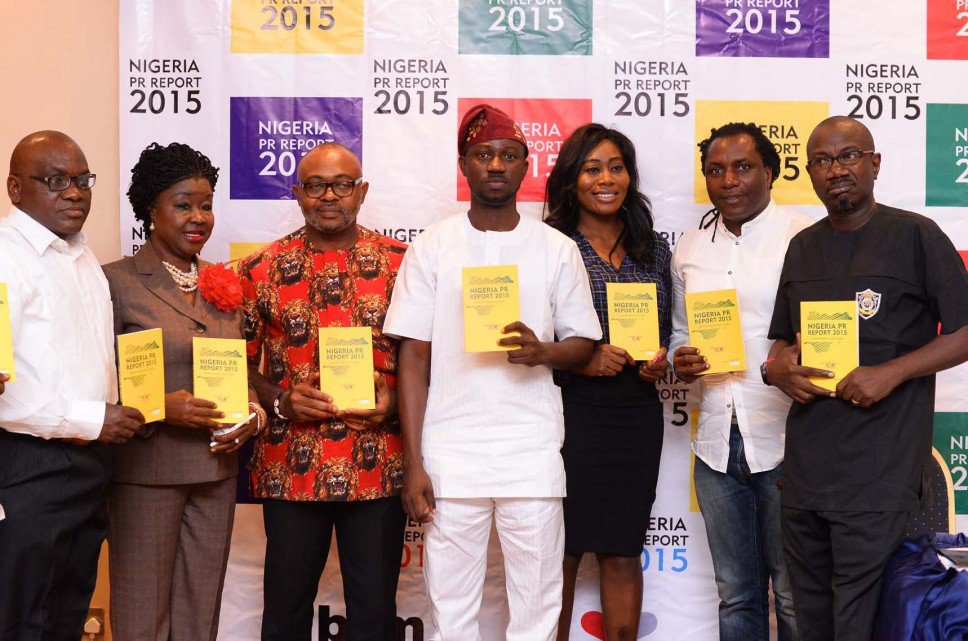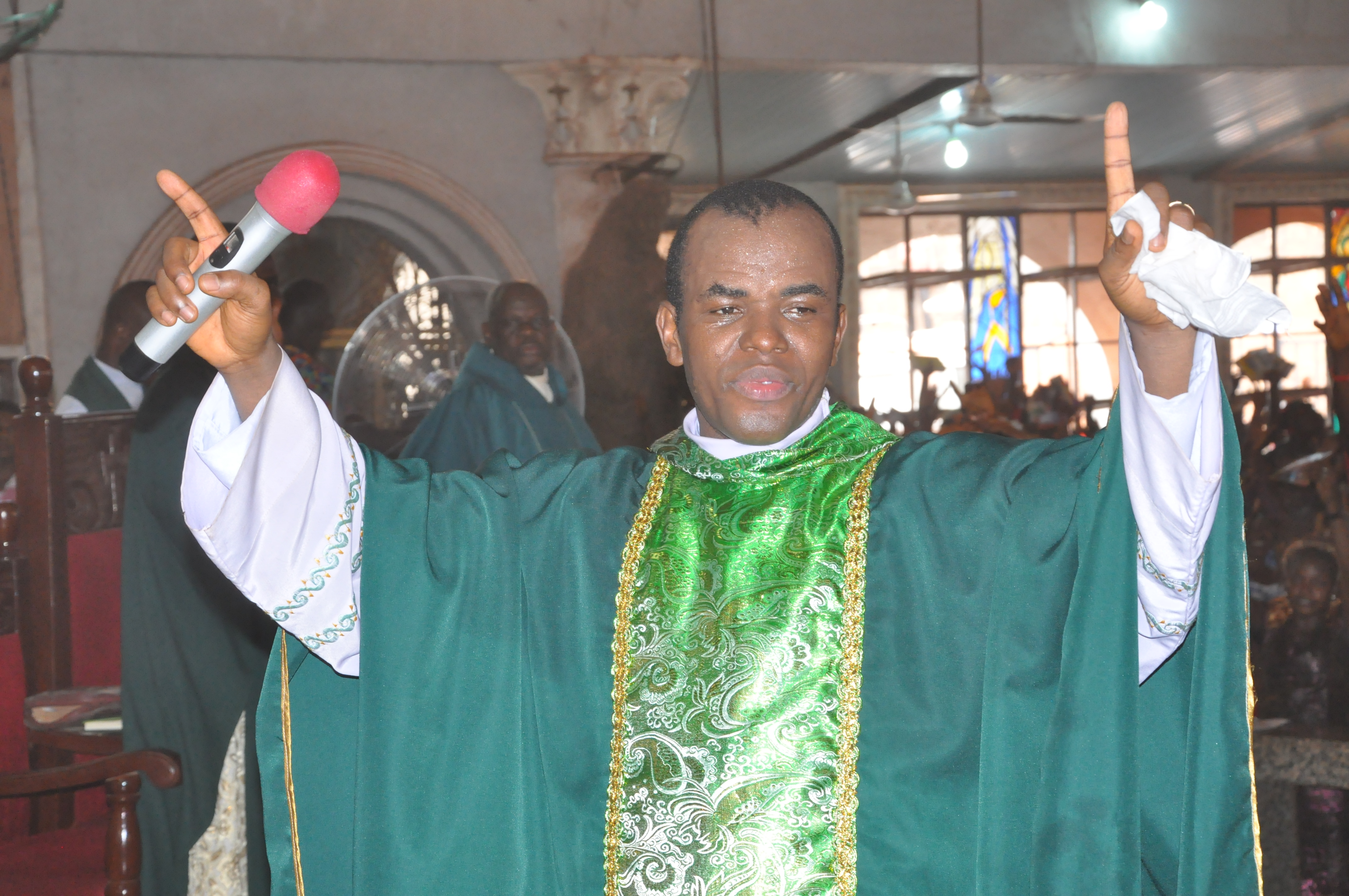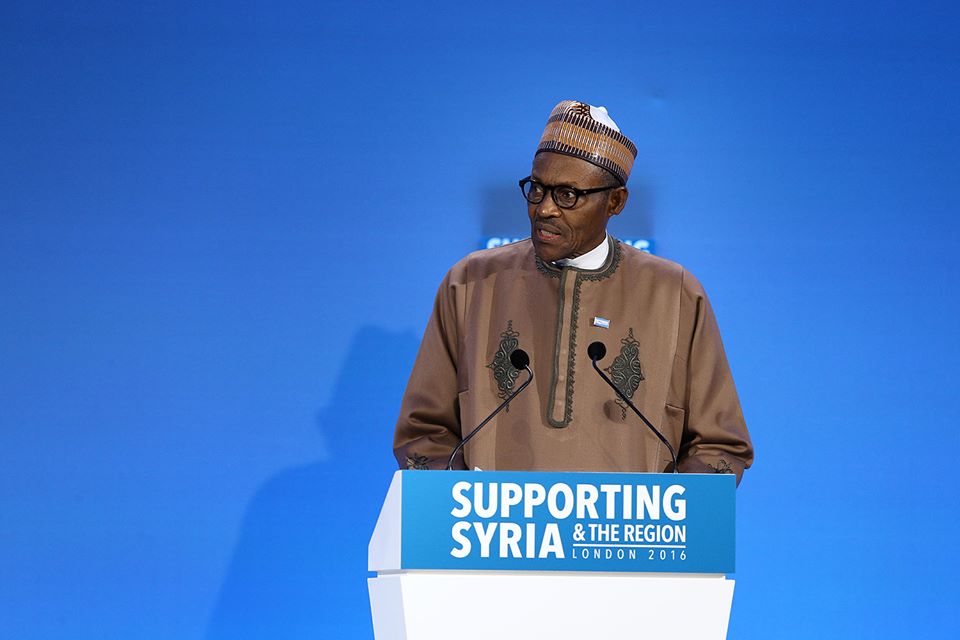Last August, this column advocated that we should scrap the National Assembly due to the two chambers’ outrageous budgets. While the piece jolted Nigerians in seeing what many suspected, but which they have never been able to prove, nothing else came out of it. Presently, our senators are squabbling over the propriety or otherwise of its president shutting down the chamber to attend Code of Conduct Tribunal sessions over allegations of false declaration of assets. You wonder whether such needed to be considered before the senate president stands down from office.
But this is about their cousins in the House of Representatives, as they are again engaging on a wild goose chase under the guise of public hearing. For the uninitiated, nothing is perhaps more nebulous than public hearing in our democratic journey, at times it is an avenue to extort money from corporations and organisations who will not play ball, while it could also be opportunities to deal with perceived ‘enemies’. Just ask the owners of Remita, the software company whose major crime is simply because they are promoters of an instrument that plugged loopholes in our national treasury.
By the way, it seems incongruous that our senators and representatives could accuse a body of wasteful spending when a tidy sum of N6.74 billion is budgeted to take care of the Senate President’s residence in this year’s budget. Yes, before you do a double take, that’s the exact sum and we are still waiting for the breakdown as Dr. Bukola Saraki promised on his twitter handle.
Once in a while though, the National Assembly committees unearth some serious stuff through their public hearings but nothing ever comes out of such expose, as they don’t keep citizens informed on the progress of such investigations. I write today of the public hearing into the National Public Security Communication System (NPSCS) executed by the Chinese telecoms giant (ZTE). Nothing fits the template of a mob action more: a Chinese company with the supposed reputation of how majority of Chinese companies maltreat and subjugate Nigerians in their employ, transporting some of them in articulated vehicles not fit for animals in saner climes, substandard products manufactured and even exported while some other projects involving them are tainted with corruption or non-completion. With this kind of bias, ZTE should be roasted, a patriotic Nigerian will conclude.
Advertisement
But that is not the case having followed this case for about four years now. By the way, the government of late Umaru Musa Yar’Adua initiated the project. For most things telecommunications now, two major Chinese companies are the go-to companies It is quite possible that ZTE’s problem is being engineered from its home country because of its rivalry and compeition, but our representatives should not allow themselves to be used in fighting that battle. Curiously too, a Nigerian businessman with hand in almost every pie has been mentioned in this saga. Daily Trust, in a story published on May 24 last year titled As President Jonathan quits, Emeka Offor’s firm remains locked in a $470mn controversial telecom deal reported that in 2012 the Nigerian Communication Commission (NCC) sold the National Public Security Communications System (NPSCS) network to OpenSkys Services Limited, owned by Offor. Apart from the security implications of the sale, which some ministers in the Jonathan government kicked against, there is also the argument that it was sold cheap even when a former executive vice chairman of the NCC, Bashir Gwandu was sacked because of his opposition to the sale. Gwandu later got N100 million damages against the federal government in a court judgment.
The project was financed with a $399.5 million from the China Export Import Bank and a $70.5 million counterpart funding by the Federal Ministry of Finance. More significantly too, a former managing director of Nigeria Communication Satellite Limited (NIGCOMSAT), Timasaniyu Ahmed Rufai, at the public hearing two weeks ago blamed non-availability of funds as reason why the closed circuit television component of the project is yet to be put to use. “It is not operational because as at December 2012 when the project was completed by the contractor and handed over to NIGCOMSAT to start the operational segment, we were handicapped by funds.,” Rufai said.
“The public is just looking at the video surveillance system. It is far more than the CCTV. It is just 8.5 percent of the total project. We have the collation emergency management system, we have the global open trunking which took about 48 percent of the total project with is about $20 million. That is the heart of the project, “ he added.
Advertisement
The task of the House of Representatives committee investigating this matter is clear: why was operational fund not released by the immediate past government? How did we sell a component of our national security architecture to a private company? How much was paid? Who approved the sale? These are far more serious issues than hounding a company solely because it is a foreign enterprise. Further, let the representatives release the reports of two previous probes into this matter before starting a new one.
Views expressed by contributors are strictly personal and not of TheCable.
